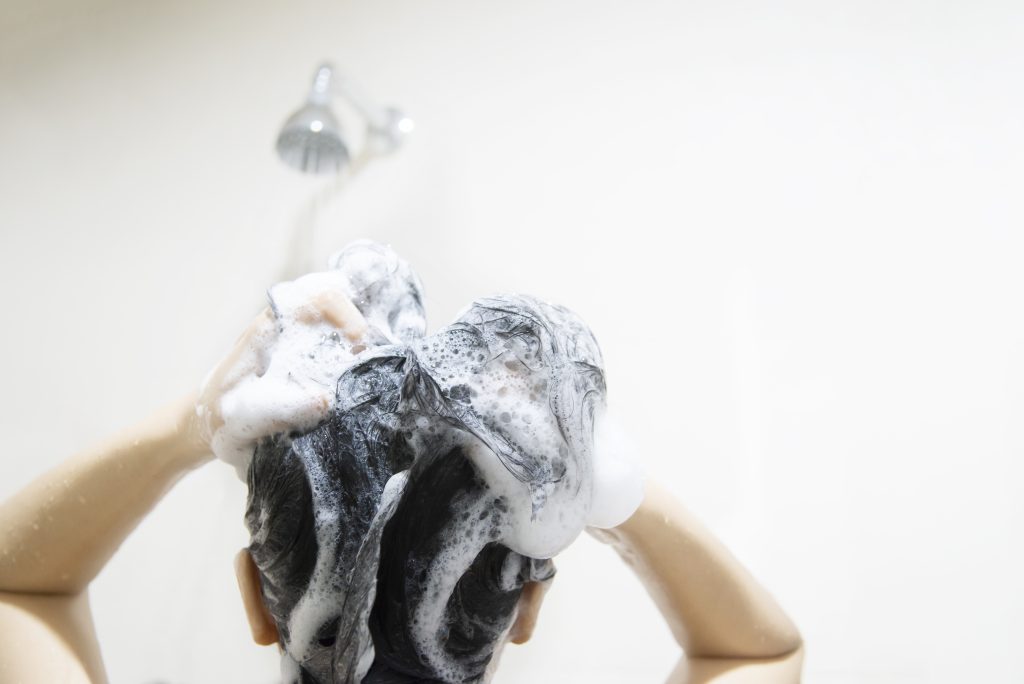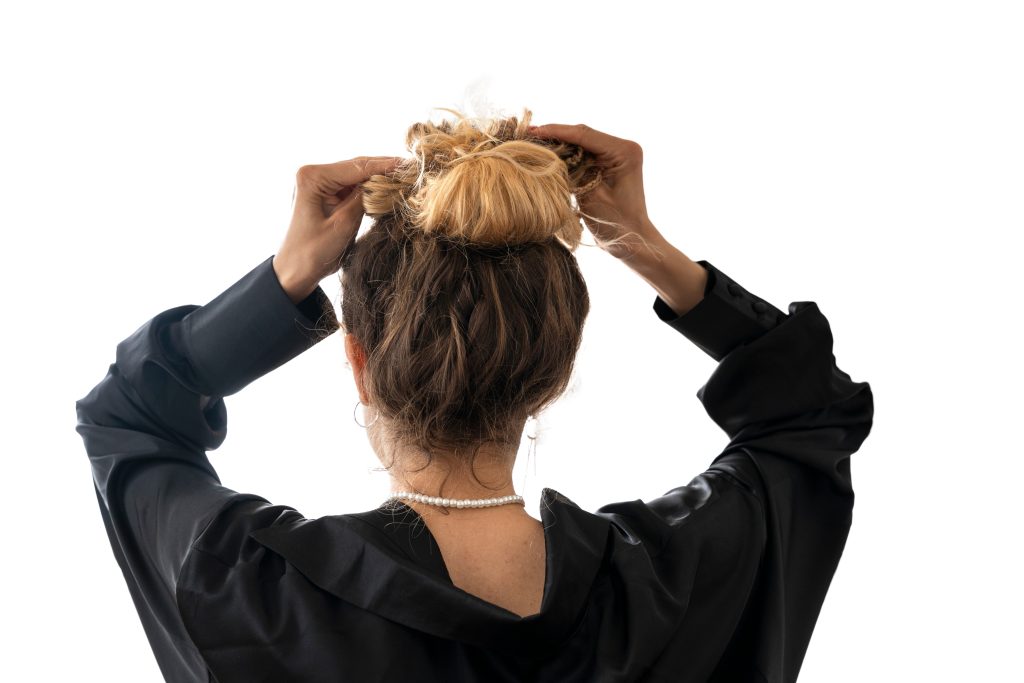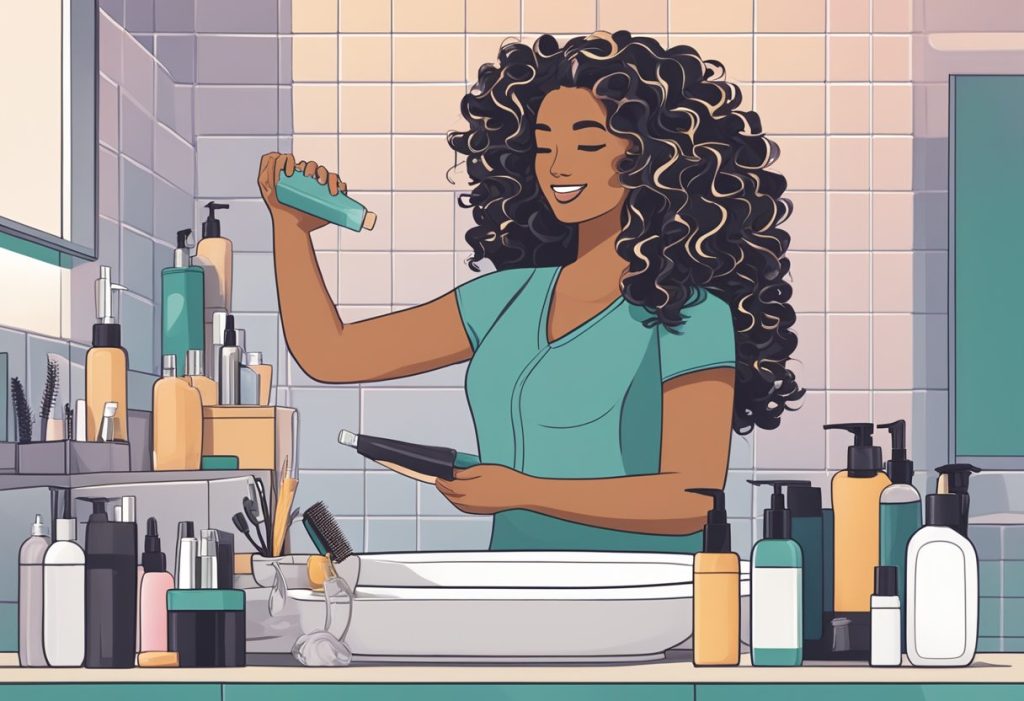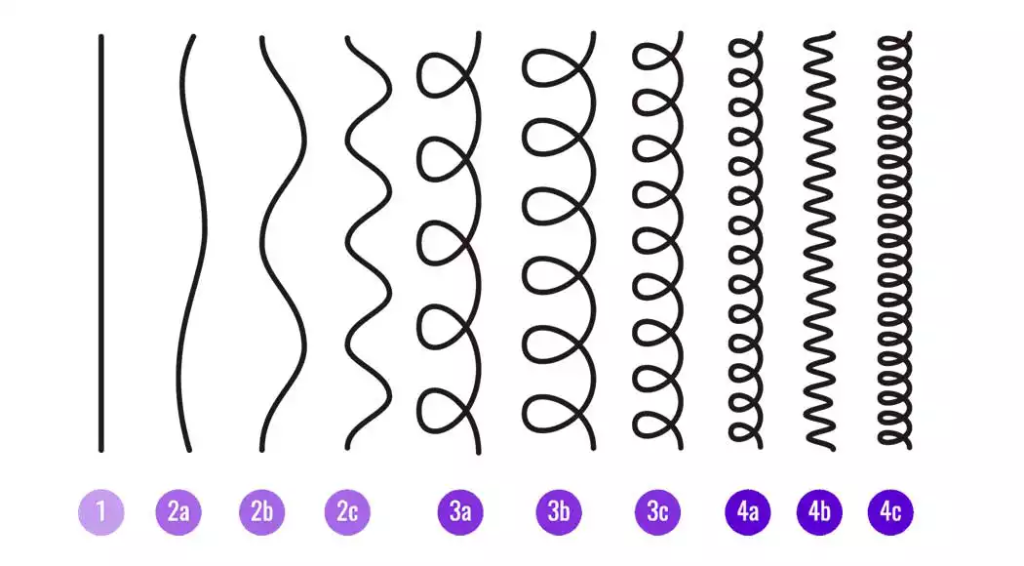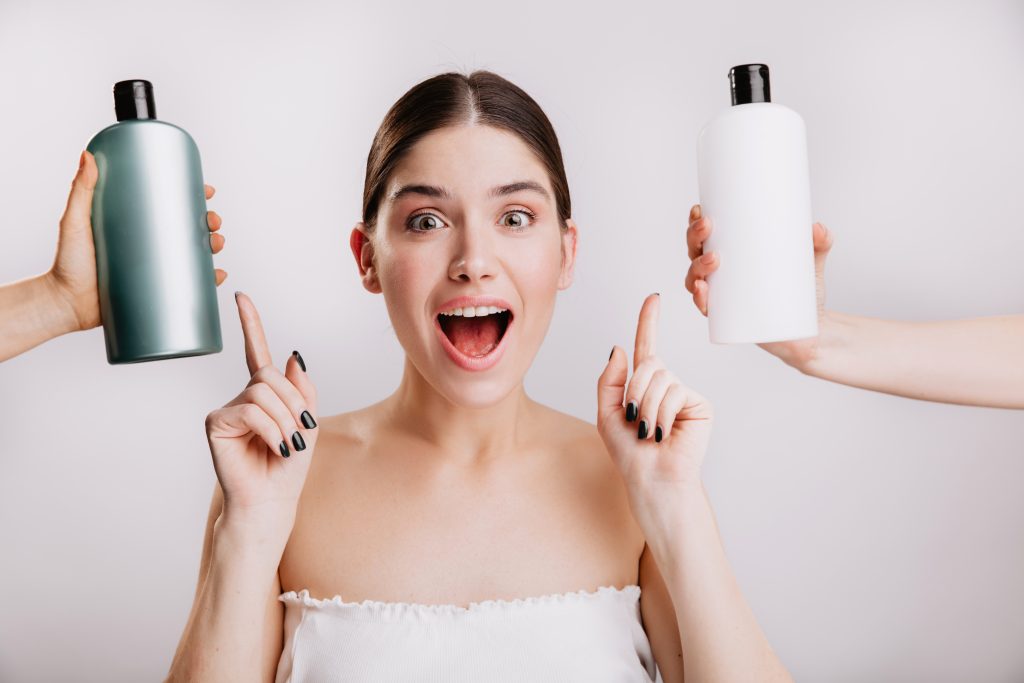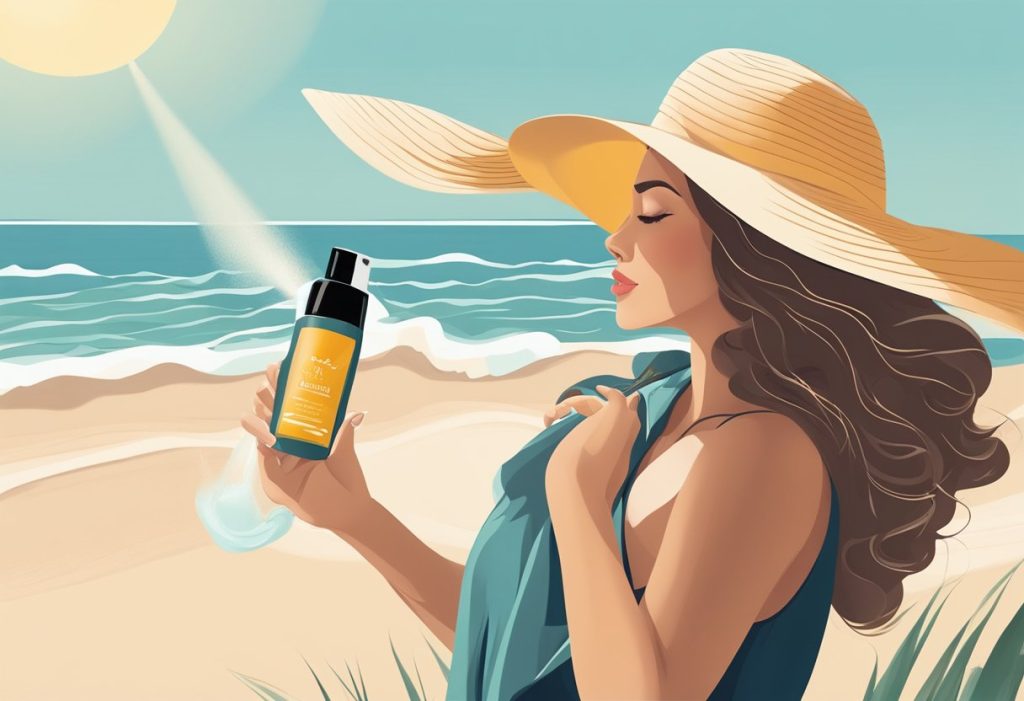Dealing with dry and damaged hair can be a frustrating experience, but don’t worry – there are ways to nurse your locks back to health. Whether your hair has fallen victim to over-styling, harsh chemicals, or environmental factors, there are remedies within reach to help you restore its natural shine and strength.

First thing’s first: it’s important to identify the root cause of your hair’s damage. Are you using too much heat while styling? Is your hair color the culprit? Or maybe it’s just the lack of hydration and proper hair care products? By understanding the source of the issue, you’ll be better equipped to choose the most effective course of action for your unique hair needs.
In the following sections, we’ll discuss a variety of methods and home remedies to help you rejuvenate your hair. From hot oil treatments to DIY hair masks, we’ll cover the best practices for combating dry and damaged hair effectively. Remember, patience is key – it might take some time before you start to see significant improvement, but with the right care, your hair will thank you for it.
Identifying Dry and Damaged Hair

Dry and damaged hair can be caused by various factors, such as overuse of heat styling tools, harsh chemicals from hair products, and even environmental conditions. Identifying the signs of dry and damaged hair is essential in determining the best way to treat and revive your locks.
First, pay attention to the texture of your hair. If you notice that your hair feels rough, brittle, or tangles easily, it may be a sign of dryness and damage. Split ends and breakage are also common indicators of damaged hair. To check for split ends, simply pick out a few strands of hair and look closely at the tips. If you see hairs that have split, it might be due to dryness and damage.
Another sign to watch for is the lack of shine in your hair. Healthy hair typically has a natural shine, so if your hair appears dull, it could be suffering from damage. Frizz is also a common symptom of dry and damaged hair, as the moisture imbalance in the cuticle can cause it to become unruly and difficult to manage. If you notice that your hair is constantly frizzy, despite your attempts to smooth it down with products or styling, it might be a sign of damage.
If you find that your hair is thinning or see excessive flyaways, this could also be a symptom of damaged hair. When hair becomes brittle, it breaks more easily, leading to thinning and those pesky flyaways. By addressing the root cause of the damage, you can help restore your hair’s natural shine, bounce, and overall health.
The Root Cause of Dry and Damaged Hair

In order to repair dry and damaged hair, it is vital to understand the root causes behind it. One of the major culprits is heat. Overexposure to heat to your hair came from various sources, such as sun, excessive blow-drying, using flat irons, curling irons, and other heated styling tools. These tools, when used frequently, can strip the hair of its natural moisture, leaving it dry and brittle.
Your hair may also be damaged due to chemical dyes and bleach. Dyeing and coloring your hair, especially at home, can lead to consequences that last longer than the vibrant colors. Chlorine in swimming pools is another factor, as it can weaken hair fibers, strip natural oils, and make your hair dry and prone to breakage.
External factors, such as harsh wind and the continuous use of styling products can also contribute to dry and damaged hair. It’s essential to protect your hair from these elements and minimize the use of harsh chemicals and products on your hair.
Additionally, certain lifestyle changes play an essential role in maintaining the health of your hair. Unmanaged stress, fluctuating hormones due to medical conditions like hypothyroidism, menopause, or polycystic ovary syndrome5, and poor nutrition can lead to dry hair. Malnutrition due to an eating disorder can cause dry and brittle hair6.
In conclusion, protecting your hair from excessive heat, chemicals, and external factors, as well as maintaining a balanced lifestyle and diet, can help prevent dry and damaged hair.
Haircare Routine for Healthy Hair

Having dry and damaged hair can be frustrating, but with the right hair care routine, you can bring your locks back to life. First, it’s important to choose the right shampoo and conditioner for your hair type. Opt for products that are specifically designed for dry and damaged hair, as they will provide the necessary nourishment and moisture to your hair. Limit your shampooing to once or twice a week and focus on cleaning your scalp to avoid stripping your hair of its natural oils. Don’t forget to follow up with a conditioner to keep your hair soft and manageable.
Introducing natural oils into your routine can do wonders for dry hair. Coconut oil and olive oil are excellent choices for deep conditioning treatments. To do this, simply warm a few tablespoons of oil in the microwave and then apply it from the roots to the tips of your hair. Let it sit for 20-30 minutes before rinsing it out with cool water. This will help seal in moisture and leave your hair feeling soft and smooth.
A leave-in conditioner can be another great addition to your hair care routine. These conditioners provide extra hydration and help protect your hair from environmental factors such as sun, heat, and pollution. Look for one that is lightweight and specifically designed for dry and damaged hair.
When it comes to brushing your hair, opt for a wide-tooth comb or a brush with soft bristles to avoid causing further damage. Start detangling from the tips of your hair, working your way up to the roots. This gentle technique will help prevent breakage and maintain the health of your hair.
Heat styling tools can often exacerbate dry and damaged hair. To protect your strands, use a heat protectant before applying heat to your hair. Also, try to limit the use of these tools to a minimum, embracing your natural hair texture whenever possible.
Remember, establishing a consistent hair care routine is key to achieving healthy and nourished hair. With these tips in mind, you will be well on your way to repairing your dry and damaged hair.
Role of Nutrition in Hair Health

Focusing on your nutrition can help improve your hair’s health. Achieving luscious and healthy hair starts with a balanced diet that includes the right amount of vitamins, minerals, proteins, and essential fatty acids.
For gorgeous and strong hair, make sure you provide your locks with enough protein. Your hair is primarily made up of the protein keratin. Including protein-rich foods like eggs, lean meats, and beans in your diet can contribute to stronger and healthier hair.
Remember to incorporate foods rich in essential fatty acids such as salmon, nuts, and seeds. These fatty acids, including omega-3 and omega-6, help maintain your hair’s natural moisture, preventing dryness and breakage.
Ensure your diet includes a variety of vitamins for the best hair health. For instance, vitamin E found in avocados and almonds has antioxidant properties that can protect your hair from damage. Additionally, vitamin C is vital for collagen production, essential for hair structure.
Don’t forget that minerals play an important role too! Biotin, known as vitamin H, is crucial for promoting hair growth and preventing hair loss. Some great sources of biotin are eggs, nuts, seeds, sweet potatoes, and avocados. Zinc, another essential mineral, can be found in foods such as oysters, poultry, and lentils, which aids in hair tissue growth and repair.
While upping your intake of these essential nutrients through food is the best approach, you may also consider taking supplements to ensure your body receives the right amount, especially if you have a known deficiency. Speak to your doctor or a nutritionist for advice on selecting the right supplements for your hair needs.
By including a wide variety of nutrient-dense foods in your diet, you can give your hair the nourishment it needs to stay healthy, moisturized, and stunning. Cheers to beautiful hair with the help of proper nutrition!
Preventing Further Hair Damage

Firstly, remember that your hair needs nourishment to stay strong and healthy. Incorporating iron-rich foods like spinach, liver, and salmon into your diet is essential for healthy hair growth. Iron plays a crucial role in maintaining the inner layers and outer layer of your hair.
Handling your hair gently when it’s wet can also make a difference. Wet hair is more susceptible to breakage, so be extra careful while combing or brushing. Use a wide-tooth comb to detangle your hair and always start from the tips, working your way up to the roots.
Blow dryers, curling irons, and straighteners can do a number on your hair, causing heat damage and weakening its structure. Try to minimize the use of heat-styling tools as much as possible, and when you do use them, be sure to apply a heat protectant beforehand to shield your hair from the heat.
Cold water might not be the most comfortable option, but it can do wonders for your hair. Rinsing your hair with cold water after conditioning helps seal the cuticle, locking in moisture and increasing shine. It’s worth giving it a shot if you want to improve the luster of your hair!
Regular haircuts are essential in maintaining healthy locks. Trim your hair every 6-8 weeks to get rid of split ends and keep your tresses looking their best. Additionally, pay attention to sun exposure and invest in a good quality hat or use hair products with UV protection to avoid damage from harmful UV rays.
Natural Remedies for Dry and Damaged Hair

First off, yogurt is a fantastic ingredient for hair conditioning. Rich in proteins, yogurt nourishes your hair and helps restore its natural shine. Apply a few tablespoons of plain yogurt to your hair and let it sit for 20 minutes before rinsing. Alternatively, you can mix an egg with yogurt to create a protein-rich mask, which will help strengthen your hair.
Eggs are another excellent remedy for damaged hair. They are packed with proteins and nutrients that can help rejuvenate your locks. Crack an egg, whisk it, and apply it to your hair. Leave it on for 20 minutes, and then rinse with cold water. Make sure to wash your hair with cold water, as hot water can cook the egg, making it difficult to remove.
One of the popular natural remedies to revive dry and damaged hair is apple cider vinegar. It works to balance your scalp’s pH and remove buildup, which helps to improve your hair’s overall health. Mix equal parts apple cider vinegar and water, then pour it onto your hair after shampooing. Let it sit for a few minutes and rinse.
For a soothing and moisturizing treatment, try using aloe vera. It has incredible hydrating properties, which can help repair your hair and promote growth. Apply aloe vera gel directly to your hair and massage it in. Leave it on for 30 minutes, and then rinse with lukewarm water.
Don’t overlook the power of essential oils when dealing with dry and damaged hair. Peppermint oil helps stimulate blood flow to your scalp, encouraging hair growth, while almond oil is rich in vitamins and provides UV protection. Mix a few drops of your chosen essential oil with a carrier oil like coconut oil, then apply it to your hair. Leave it on for an hour before rinsing.
Taking care of your hair shouldn’t be a chore. With these natural remedies, you can enjoy healthier, shinier hair. Make sure to try a few of them on their own or in combination and see what works best for you. Remember, your hair deserves the best treatment it can get!
Frequently Asked Questions

How do you fix dry damaged hair?
To fix dry and damaged hair, first avoid over-washing and using hot water, which depletes your hair’s natural oils and moisture. It’s essential to keep your hair hydrated by applying moisturizing hair masks or dry hair oils such as argan, coconut, olive, avocado, or almond oil . In addition, minimize heat styling and consider using a microfiber towel or cotton t-shirt to dry your hair gently .
What are effective home remedies for dry and frizzy hair?
Several home remedies can effectively help with dry and frizzy hair. Some popular choices include massaging your scalp and hair with natural oils like coconut, olive, avocado, or almond oil 4; applying a homemade hair mask made of yogurt, honey, or banana; and rinsing your hair with apple cider vinegar diluted in water to help balance your hair’s pH and control frizz.
Can dry and damaged hair be reversed?
While it’s not always possible to reverse severe damage to hair, maintaining a consistent hair care routine can help in the recovery process. Hydrating your hair with natural oils, using hair masks, minimizing heat styling, and getting regular trims can all contribute to improving the condition of your hair over time.
How do you moisturize dry damaged hair?
Moisturizing dry and damaged hair is crucial for its health and appearance. You can achieve this by using hair oils like argan, coconut, olive, avocado, or almond oil ; incorporating hydrating hair masks into your hair care routine; avoiding harsh chemicals and heat styling; and ensuring you’re drinking enough water to maintain overall body hydration.
How can I heal dry hair naturally?
Healing dry hair naturally involves focusing on gentle, hydrating treatments and avoiding harmful practices. Some suggestions include using natural oils , trying homemade hair masks, rinsing with diluted apple cider vinegar, and practicing the “plop” method of drying your hair with a cotton t-shirt or microfiber towel . Additionally, a healthy diet and proper hydration can contribute to your hair’s health and vitality.
Conclusion

Taking care of your dry and damaged hair can be a daunting task, but with the right approach, you can bring life back to your locks. To start, try using gentler shampoos and conditioners that are specifically designed for dry or damaged hair. These products should help to nourish and moisturize your hair without causing further damage.
Another helpful method to improve your hair’s condition is through deep conditioning treatments. Leaving a deep conditioner on your hair for 20-30 minutes can provide a significant boost in hydration. Regularly applying hair masks or oil treatments can also temporarily improve your hair’s texture, even though they cannot completely restore damaged hair.
Incorporating relaxing practices like meditation or biofeedback into your routine can help to reduce stress and balance your hormones, which can contribute to a healthier scalp and hair.
Lastly, remember to be gentle with your hair. Avoid using harsh styling tools, such as electric curling irons and straighteners, as well as limiting chemical treatments like dyeing. These measures will help to prevent further damage and allow your hair to recover.
By following these recommendations and giving your hair the attention it needs, you should notice a gradual improvement in its appearance and health. Stay confident and persistent in your efforts, and your efforts will pay off in the long run.


